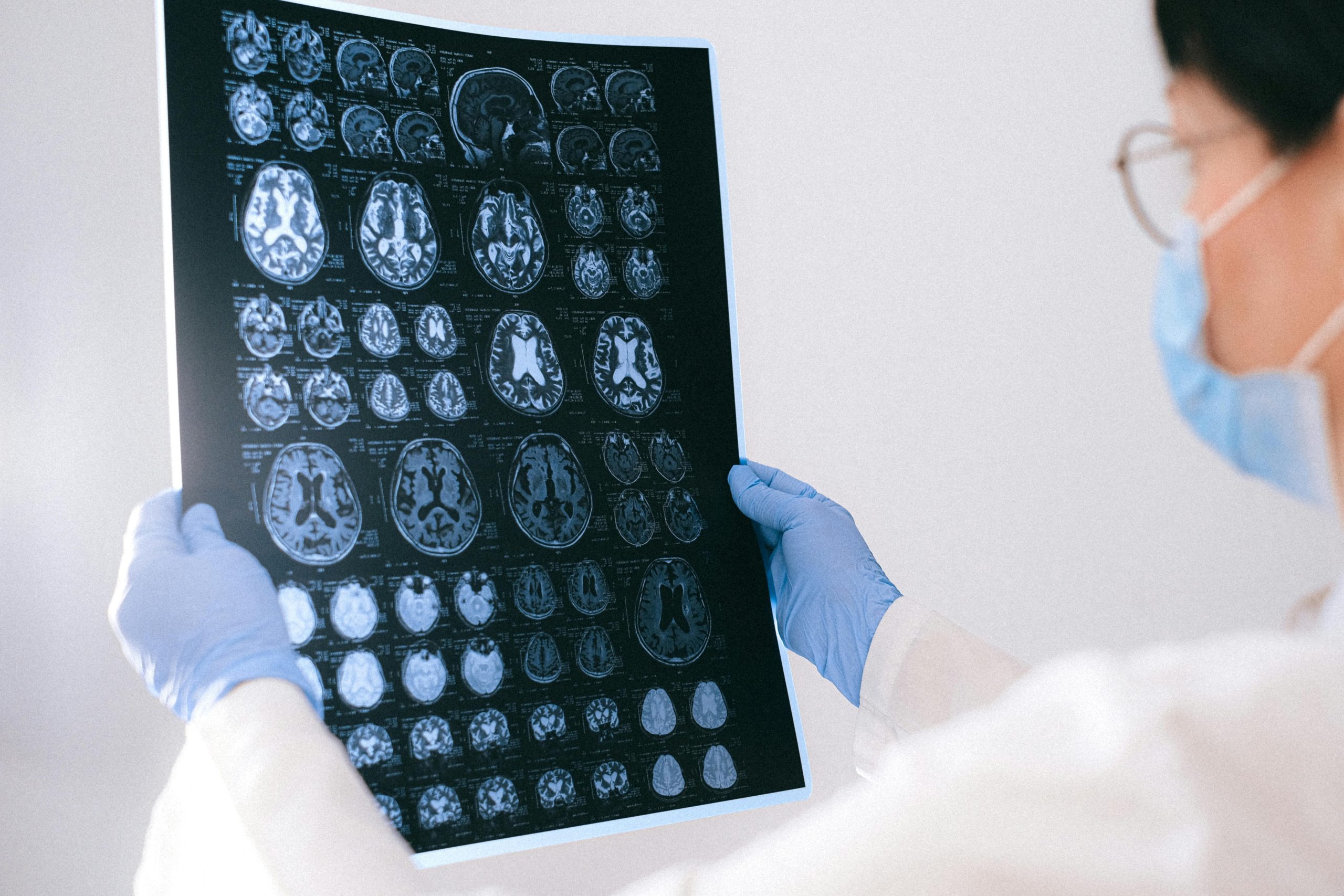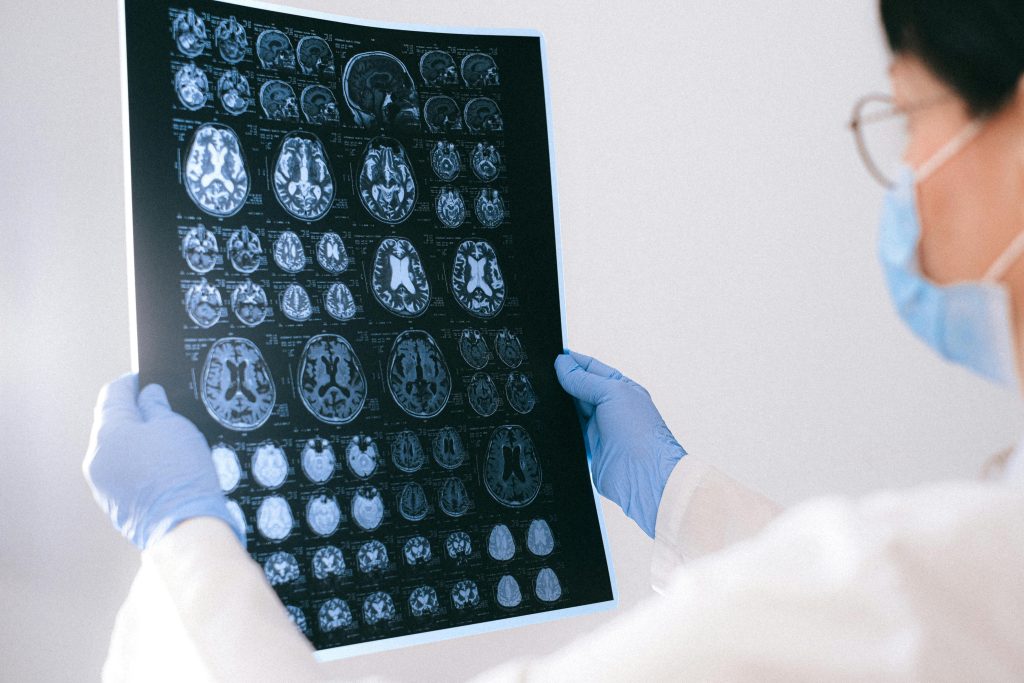Is Alzheimer’s Disease an Autoimmune Condition? What New Research — and Eastern Medicine — Suggests
Alzheimer’s disease is one of the most talked-about conditions in modern health — and for good reason. Chances are, you know someone who’s been diagnosed with it, or you’ve watched a loved one experience its devastating cognitive decline. As rates continue to rise, so does the urgency to understand what truly causes Alzheimer’s — and how we might treat it more effectively.
Recent research is challenging the traditional view of Alzheimer’s as purely a neurodegenerative disease. Instead, a growing number of scientists are investigating whether it may be, at least in part, an autoimmune disorder.
Amyloid Plaque: Friend or Foe?
For years, amyloid beta plaque has been blamed as the main culprit behind Alzheimer’s. But here’s the twist: that plaque may not be the cause — it might be a response.
New findings suggest that amyloid beta is produced by the innate immune system (the one you’re born with, not the adaptive system you build over time). This immune system is always active, fighting bacteria and other threats 24/7. According to this theory, amyloid beta may form as a defense mechanism against infection or inflammation — not just a byproduct of aging or degeneration.
Immune System Overdrive
What’s even more compelling is that people with Alzheimer’s show signs of heightened innate immune system activity. That means the body might actually be attacking its own brain tissue in an effort to “protect” it — a classic feature of autoimmune conditions.
While conventional medicine has focused on anti-inflammatory drugs and cytokine blockers, this new perspective could pave the way for immune-modulating therapies that aim to correct, not just suppress, immune function.
An Eastern Medicine Perspective
Interestingly, Eastern medicine has long associated cognitive decline with stagnation in the gallbladder meridian — a concept referring to energy flow and organ function. Practitioners often use techniques like acupuncture, electroacupuncture, and blood-moving herbal formulas to relieve stagnation and support mental clarity.
From this viewpoint, lack of movement (physical, energetic, or circulatory) may contribute to the buildup of “toxins” or pathological factors that impair brain function.
Could this be where ancient wisdom and modern science meet?
Final Thoughts
The idea that Alzheimer’s may be autoimmune in nature is still being researched, but it opens up a promising new lens for treatment — one that includes both immune modulation and holistic approaches to reduce inflammation and improve brain health.
If you or a loved one are navigating Alzheimer’s, consider discussing integrative options with a qualified practitioner who understands both modern science and traditional healing systems.
Have questions or insights to share? Drop them in the comments — this conversation is far from over.
View the original article here: https://www.sciencealert.com/alzheimers-might-not-actually-be-a-brain-disease-says-expert?fbclid=IwY2xjawLqR4VleHRuA2FlbQIxMABicmlkETFNZWkya0NjTHlsY1BqV05lAR58yaoI_f73aCl1rtkgJ0rhAWClLYyjETuJXV8d1RrzP9vrb1aVZLdLGP7ehQ_aem_guwYYObUTsPulvr_AABqZg
Interested in learning more about Traditional Asian Medicine? We created a school just for you: https://ethaeducation.com/
Are you looking to work with us to improve your health? Schedule an appointment: https://charlotteacubodywork.com/schedule-appointment/


